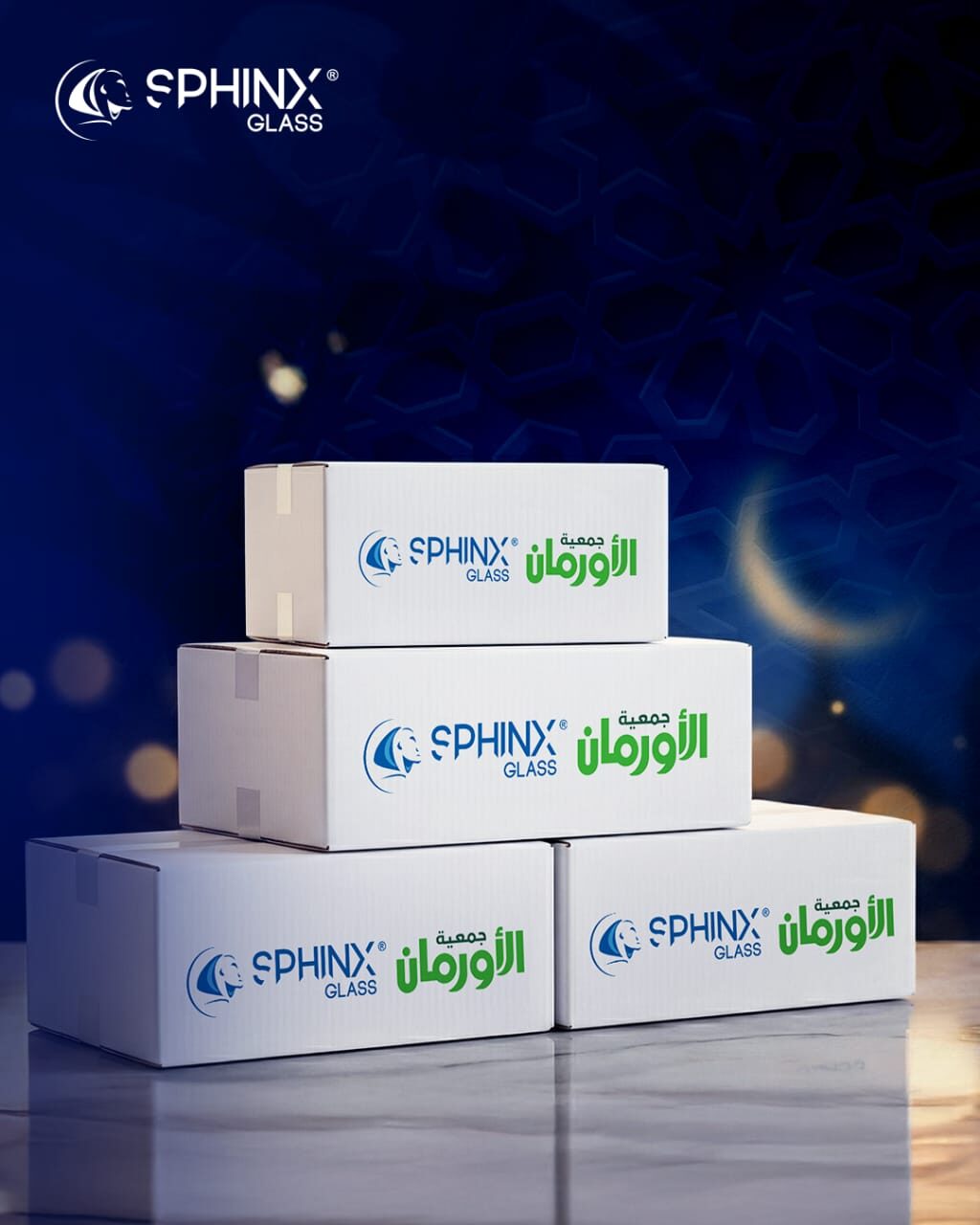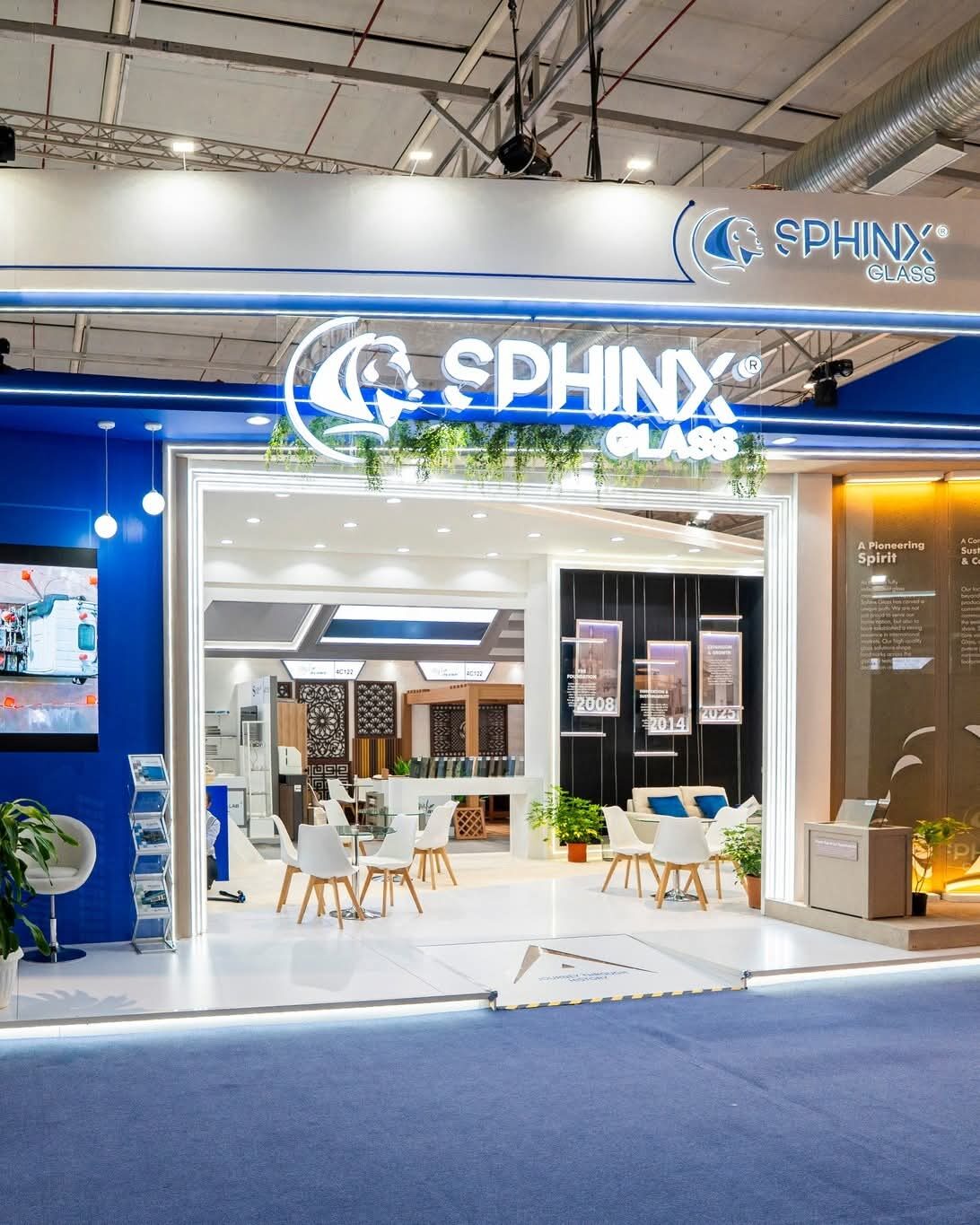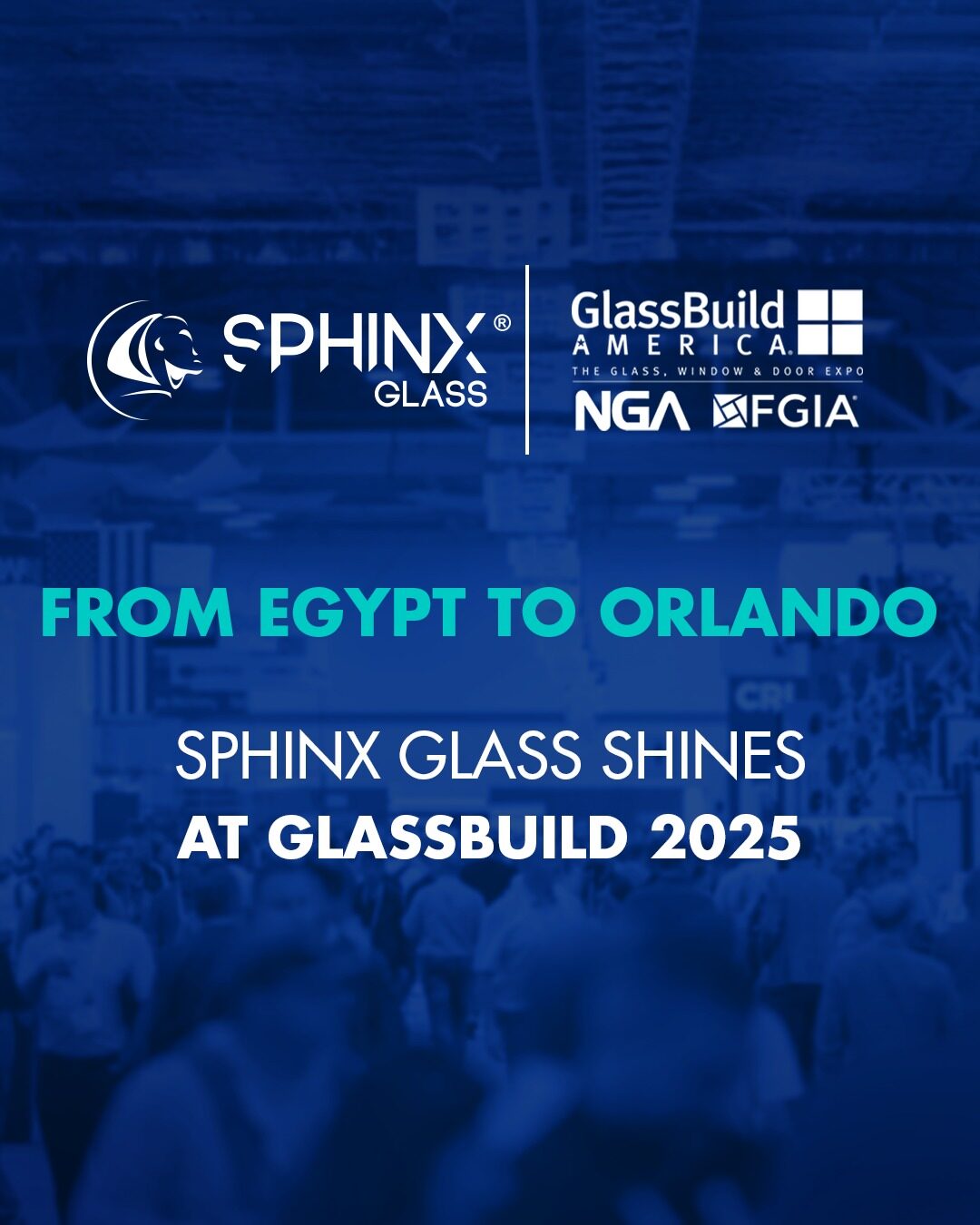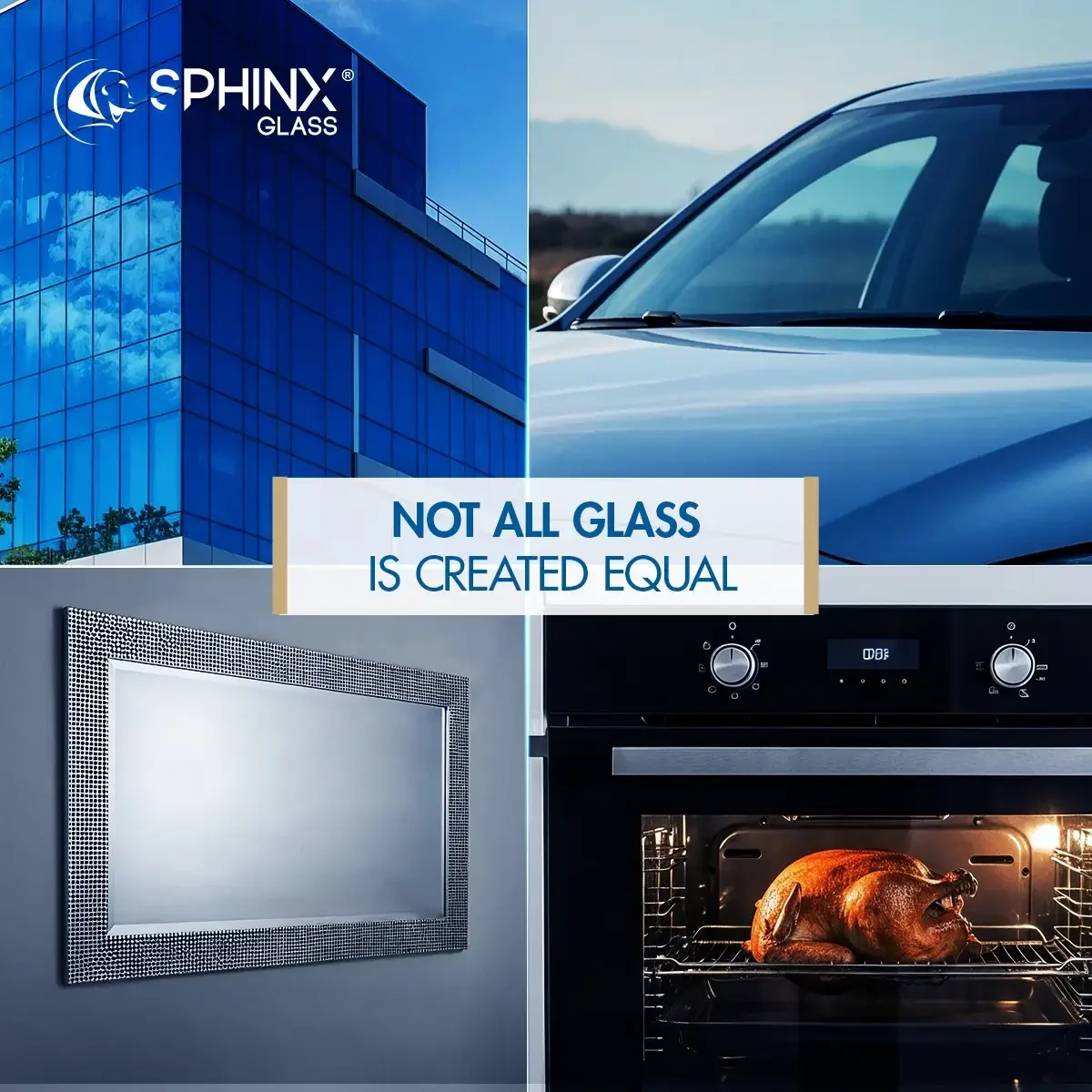Ultraviolet (UV) radiation is an invisible but powerful force that can cause significant damage to materials, furnishings, and even human health. Whether in residential, commercial, or cultural spaces, prolonged exposure to UV rays leads to fading, discoloration, and structural degradation of valuable assets. To combat these issues, UV-blocking glass panels have become an essential solution in modern architecture, interior design, and automotive applications.
The Need for UV-Blocking Glass Panels
How UV Radiation Affects Spaces and Objects
UV rays are divided into UVA, UVB, and UVC categories, with UVA and UVB being the most impactful on interiors and human exposure. These rays can penetrate glass and contribute to:
Fading and Discoloration: Fabrics, artwork, carpets, and wooden furniture lose their vibrancy over time.
Material Degradation: Plastic, polymer-based items, and even paper-based documents can become brittle and weak.
Increased Heat Gain: While UV rays mainly cause damage to objects, they also contribute to unwanted indoor heat, increasing cooling costs.
The Technology Behind UV-Blocking Glass Panels
UV-blocking glass panels are designed to selectively filter out harmful UV radiation while allowing natural light to enter. This is achieved through various advanced manufacturing processes:
-
Laminated Glass with UV-Blocking Interlayers
Laminated glass consists of two or more layers of glass bonded with a specialized interlayer, often polyvinyl butyral (PVB) or ethylene-vinyl acetate (EVA), which absorbs and blocks over 99% of UV rays.
-
UV-Absorbing Coatings
Glass can be coated with invisible UV-blocking layers that filter out harmful rays while maintaining high levels of visible light transmission. These coatings are commonly found in architectural and automotive applications.
-
Specialized UV-Resistant Glass Compositions
Some glass products are engineered with unique compositions to inherently absorb UV radiation, making them ideal for environments where additional protection is required.
Applications of UV-Blocking Glass Panels
UV-blocking glass has a broad range of applications, offering superior protection in multiple industries:
-
Architectural and Commercial Buildings
Glass facades, curtain walls, skylights, and windows benefit from UV-blocking technology, reducing sun damage to interiors while improving energy efficiency. Sphinx® Glass provides float glass that serves as the base for these high-performance UV-resistant solutions, ensuring superior clarity and durability in modern architecture.
-
Museums and Galleries
Preserving artwork, historical documents, and valuable artifacts requires exceptional UV protection. Museum-grade conservation glass prevents fading and deterioration, maintaining the integrity of collections for years to come.
-
Automotive Industry
UV-blocking glass is widely used in car windshields, side windows, and sunroofs to protect passengers from prolonged UV exposure while preventing interior fading and cracking.
-
Retail Display Cases
Showcases for luxury goods, jewelry, and electronic devices use UV-resistant glass to maintain the quality and color of products under constant lighting conditions.
-
Residential Use
Homeowners install UV-blocking glass in windows, doors, and conservatories to protect interiors from sun damage while maintaining a bright, naturally lit space.
Benefits of UV-Blocking Glass Panels
Investing in UV-resistant glass panels provides numerous advantages.
Enhanced Protection: Prevents fading and material degradation, ensuring long-lasting interiors.
Energy Efficiency: Reduces heat gain, contributing to lower cooling costs and improved thermal insulation.
Increased Comfort: Minimizes glare while allowing natural light to enter, creating a more pleasant indoor environment.
Versatility: Suitable for diverse applications, from large-scale architectural projects to personal picture frames and museum exhibits.
Choosing the Right UV-Blocking Glass Panels
Selecting the best UV-blocking glass panels depends on several factors:
Application: Determine whether the glass is needed for windows, display cases, or automotive purposes.
Level of UV Protection: High-quality panels block 99% or more of UV radiation.
Aesthetic Preferences: Some coatings add a slight tint, while others are virtually invisible.
Glass Thickness and Size: Ensuring durability and suitability for specific installations.
Sphinx® Glass: The Foundation for UV-Blocking Innovations
As a leading manufacturer of high-quality float glass, Sphinx® Glass provides the essential base for UV-blocking glass applications across multiple industries. Whether for architectural facades, interior designs, or automotive applications, Sphinx® Glass ensures superior performance, durability, and clarity.
Conclusion
UV-blocking glass panels offer an effective, long-term solution for protecting interiors, valuable assets, and occupants from harmful UV radiation. Whether enhancing architectural designs, preserving priceless artifacts, or improving energy efficiency, these advanced glass solutions play a crucial role in modern environments.
By choosing high-quality UV-blocking glass panels, individuals and businesses can significantly reduce UV exposure risks while maintaining aesthetically pleasing and sustainable spaces.
Explore more about UV-blocking glass and how Sphinx® Glass contributes to advanced glass technologies for a protected and efficient future.










